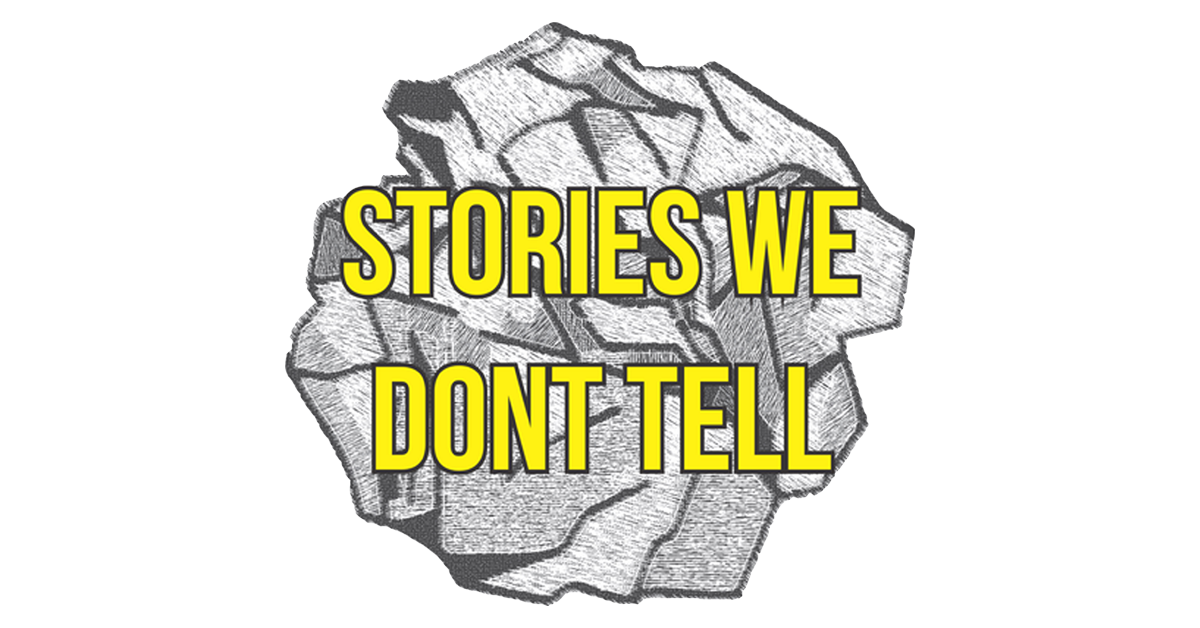This is a transcript of the Stories We Don’t Tell Podcast, Episode 92: Perspective.
This is our Five-in-Five Series where we talk about writing and storytelling tips and all of that. We’re talking about a lot of things, and also offering challenges to help get your groove back.
Yes. We're trying to get our groove back just like the llama impersonators. Sure let's go with that. All the llamas in the house getting their groove back!
This particular episode is about perspective and specifically the idea of how sometimes a particular story works or doesn't work depending on how the story is written. There are a lot of varieties of perspective. One example is that the perspective is taken out of time or through a difference voice. As you are going, they’re experiencing it as you experience it. And so every twist and turn comes as you experience those twists.
Another perspective would be you are actually the person who's telling the story. And so you have that perspective looking back and say you're able to add in little bits and pieces and important details. And one more example would be through a third person, sort of more traditional novel kind of approach, as though you're a character within your own story.
This week’s challenge is difficult because you get comfortable in a certain kind of perspective that you like to write from. Sometimes the story lends itself to a certain kind of perspective. Maybe it's a very immediate story, or maybe there's lots of action you want the audience to experience. Sometimes the story dictates where the perspective is from but you might want to challenge yourself and look at things from a different angle.
Take a story that you're already working on or even thinking about or trying to figure out. And then you can try different perspectives or maybe choose multiple perspectives. Maybe write the same story out three times in first person living through it, one as you look back on it and one from a different character in the story. This exercise will help get a better sense of the whole experience. It certainly would be helpful from time to time to put yourself in the shoes of the other characters in the story and have them tell a story back you. For example, telling a story about your childhood through the eyes of your parents or primary caregiver. What does your inner turmoil look like to them? It might seem silly to write as your parents, but of course they still want to support you and it might create a new sense or new lease on that story.
And so the challenge for this episode is take a story that you already were roughly working on trying to figure out or have already written and change the perspective. The further away you take the perspective, the more interesting you will find this exercise.
All right, we did it!

